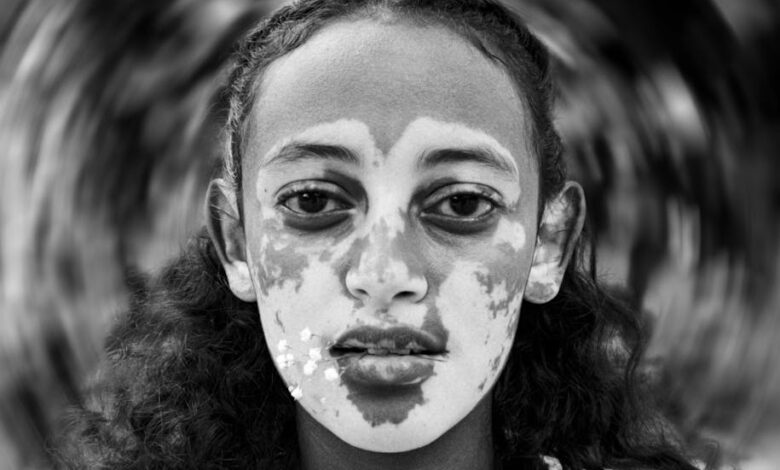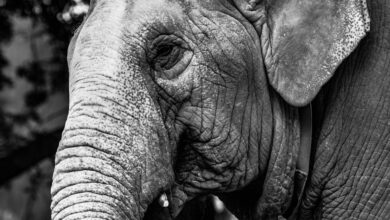The Heartbeat of the Indaba: Where AI Minds and African Spirit Converge

Imagine this: It’s late August in Kigali, Rwanda’s vibrant capital. A grand hall buzzes with energy, draped in white curtains, its giant screen pulsating with generative AI-created visuals. Suddenly, the infectious rhythms of Tanzanian legend Saida Karoli fill the air, and the room lights up. Friends embrace, laughter echoes, and waiters glide through the crowd, offering arrowroot crisps and vibrant, sugary mocktails. Amidst this joyful chaos, a couple sips beer, clad in striking leopard skins over their clothes, while many women sport exquisite handwoven Ethiopian garb, rich with red, yellow, and green embroidery. The sheer, palpable life in the room is electrifying. This isn’t just any conference; this is the Deep Learning Indaba, and it’s a party.
The Heartbeat of the Indaba: Where AI Minds and African Spirit Converge
The name “Indaba” itself, meaning “gathering” in Zulu, perfectly encapsulates the spirit of this annual AI conference. But as computer scientist Nyalleng Moorosi, a senior researcher at the Distributed AI Research Institute, tells me with a beaming smile, “The best thing about the Indaba is always the parties.” And watching the scene unfold, it’s easy to see why. Moments after Saida Karoli’s classic East African folk song, a cheerful medley of Nigerian music takes over. Spontaneously, people rise, gathering around the stage, waving flags of countless African nations in a joyful, impromptu celebration.
Moorosi, who has traveled from the mountain kingdom of Lesotho for the occasion, laughs, clapping along. Dressed in her signature “Mama Africa” headwrap, she observes the scene with a deep sense of pride. “The vibe at the Indaba—the community spirit—is really strong,” she affirms, and that strength is evident in every spontaneous dance step and shared smile. It’s a testament to how this gathering has grown from humble beginnings.
Back in 2017, the Deep Learning Indaba started with just 300 passionate individuals in Johannesburg, South Africa. Fast forward to today, and it has blossomed into a prestigious pan-African movement, boasting local chapters in 50 countries. This year alone, nearly 3,000 people applied, with about 1,300 accepted, hailing predominantly from English-speaking African countries. What’s particularly exciting, though, is the new influx of attendees from nations like Chad, Cameroon, the Democratic Republic of Congo, South Sudan, and Sudan – expanding the continent-wide dialogue even further. This isn’t just a conference; it’s a vibrant ecosystem where the future of African AI is being collectively imagined and built, one joyful gathering at a time.
Beyond the Merriment: Forging Futures and Shaping Policy
While the festive atmosphere is undeniably a huge draw, the Indaba is also a serious crucible for African AI talent. For many attendees, the ultimate “prize” is tangible: securing a coveted position at a leading tech company or gaining acceptance into a prestigious PhD program. Indeed, walking through the halls, one encounters an impressive array of organizations scouting talent – from Microsoft Research’s AI for Good Lab and Google to the Mastercard Foundation and the Mila–Quebec AI Institute.
Yet, amidst this global ambition, Nyalleng Moorosi articulates a crucial, homegrown vision. She hopes to see more African-owned ventures creating opportunities right here, on the continent. This isn’t just about jobs; it’s about building a sustainable, self-reliant AI industry that addresses Africa’s unique needs and challenges. It’s a powerful call to action, echoing a sentiment that permeated many of the more formal discussions at the Indaba.
The Call for African-Centric AI Policy
Earlier that evening, both Moorosi and I attended a pivotal panel on AI policy in Africa. Experts delved into the intricacies of AI governance, emphasizing the urgent need for developers of national AI strategies to engage more deeply with their communities. Hands shot up across the room, with young Africans eager to understand how they could access these high-level discussions and, perhaps more pointedly, questioning whether Africa’s continental AI strategy was being shaped by external forces rather than internal priorities.
It’s a critical point that Moorosi elaborated on in our later conversation. She passionately articulated her desire to see distinctly African priorities embedded within these strategies. This includes crucial considerations like African Union–backed labor protections, equitable mineral rights (especially relevant for the raw materials often used in tech), and robust safeguards against exploitation. These aren’t abstract concepts; they are fundamental building blocks for an ethical and equitable AI future that truly serves the continent’s people.
Dreams for Tomorrow: African AI, Built for Africa, Shown to the World
As the Indaba drew to a close, I asked Nyalleng Moorosi about her profoundest dreams for the future of AI in Africa. After a thoughtful pause, her answer was clear and resonant. “I dream of African industries adopting African-built AI products,” she said. “We really need to show our work to the world.”
This vision encapsulates the very essence of the Deep Learning Indaba: it’s not just about gathering, learning, or even celebrating. It’s about building a foundation where African ingenuity is recognized, nurtured, and ultimately, put to work solving African problems and creating African opportunities. It’s about transcending the role of mere consumers of technology and stepping into the spotlight as innovators and creators.
Imagine a future where the AI tools revolutionizing agriculture in East Africa are developed by engineers in Kigali, where the solutions for healthcare challenges across the Sahel are designed by data scientists in Lagos, and where the platforms empowering small businesses are built by entrepreneurs in Johannesburg. This isn’t a far-fetched dream; it’s the very trajectory the Deep Learning Indaba is propelling Africa towards. It’s a journey that blends cutting-edge research with vibrant community, serious policy discussions with spontaneous celebration, all united by a shared purpose: to ensure that Africa’s voice, talent, and vision are at the forefront of the global AI revolution.
The energy in Kigali was a powerful reminder that Africa isn’t just participating in the AI age; it’s actively shaping it, driven by a community spirit that’s as strong as its intellect. And as the echoes of Saida Karoli fade, replaced by the excited chatter of future innovators, one thing is clear: the party—and the progress—has only just begun.





